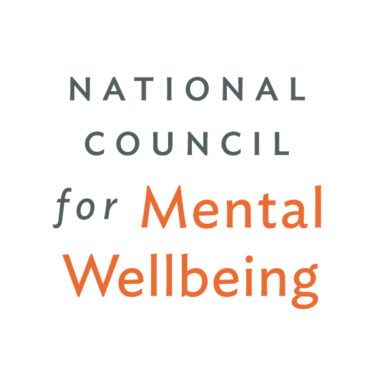Press Contact:
Sophia Majlessi
202-621-1631 (office)
SophiaM@TheNationalCouncil.org
November 21, 2019 – National Council for Mental Wellbeing President and CEO Chuck Ingoglia today released the following statement in response to Congressional approval of a continuing resolution that includes an extension of funding for the bipartisan Excellence in Mental Health and Addiction Treatment Expansion Act (S. 824/H.R. 1767). The bill provides funding through December 20, 2019 for the 66 Certified Community Behavioral Health Clinics (CCBHCs) that provide vital mental health and addiction treatment services in eight states.
“Today’s vote is nothing short of a lifeline to the thousands of people who rely on Certified Community Behavioral Health Clinics (CCBHCs) for life-saving care. CCBHCs have proven their value at expanding access to addiction care and reducing overdose deaths, suicides and psychiatric hospitalization in their communities. They are also providing 24/7 crisis care along with support for law enforcement officers responding to people in crisis. CCBHCs are the model for the future and today’s vote keeps them alive for now. But they cannot operate without reliable funding. It is essential that Congress moves quickly to pass legislation that sustains and expands CCBHCs for the future.”
“We applaud the continued leadership of Senators Debbie Stabenow (D-Mich.), Roy Blunt (R-Mo.), Ron Wyden (D-Ore.) and Charles Grassley (R-Iowa), along with Representatives Markwayne Mullin (R-Okla.), Doris Matsui (D-Calif.), Greg Walden (R-Ore.) and Frank Pallone (D-N.J.). And we will continue to work with them on a long-term solution that not only provides permanent funding for existing CCBHCs, but also expands the program to additional states.”
About The National Council
Founded in 1969, the National Council for Mental Wellbeing is a membership organization that drives policy and social change on behalf of over 3,400 mental health and substance use treatment organizations and the more than 10 million children, adults and families they serve. We advocate for policies to ensure equitable access to high-quality services. We build the capacity of mental health and substance use treatment organizations. And we promote greater understanding of mental wellbeing as a core component of comprehensive health and health care. Through our Mental Health First Aid (MHFA) program, we have trained more than 3 million people in the U.S. to identify, understand and respond to signs and symptoms of mental health and substance use challenges.



